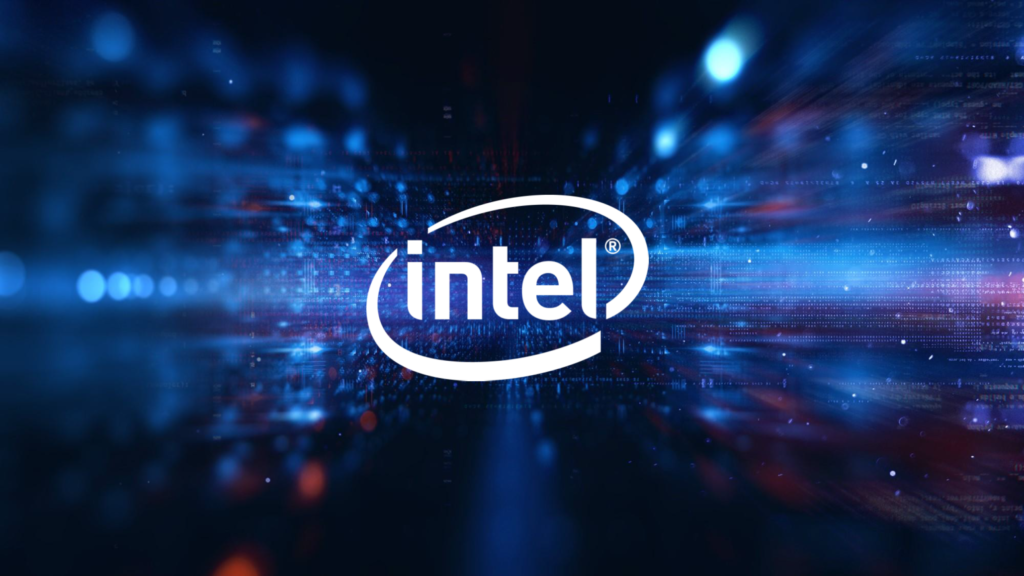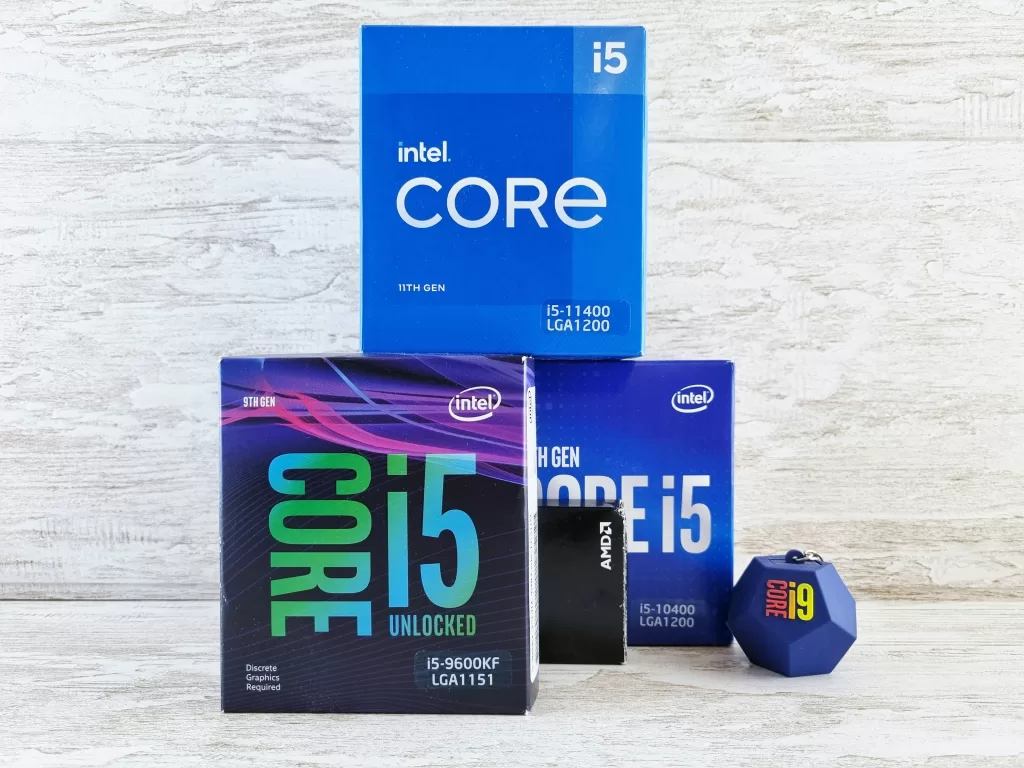For years, Intel has been a company in transition. After a period of stagnation, former CEO Pat Gelsinger took the reins with a bold plan to return the company to its former glory. His strategy, known as IDM 2.0, was built on a promise to rebuild Intel’s foundry business and reclaim its leadership in chip manufacturing from rivals like TSMC and Samsung. Under new CEO Lip-Bu Tan, this direction has continued, with the company focused on regaining its technical edge and securing major external clients. However, a recent report from Reuters suggests this ambitious plan may be facing significant headwinds, with the company reportedly struggling with its next-generation manufacturing process.

The Reuters report indicates that Intel is experiencing difficulties with a key manufacturing process for its next PC chip, specifically the Intel 18A node. This process is crucial for the company’s future, as it represents the foundation for its next generation of chips. The report, citing multiple sources, highlights that Intel is grappling with lower-than-expected manufacturing yields on a pre-production version of the 18A node. This is a major concern, as low yields mean fewer usable chips are produced, leading to increased costs and potential delays. The report further claims that only around 5% of the “Panther Lake” chips printed via 18A were up to its specifications as of late last year, a figure that only rose to around 10% by this summer.
These struggles have major implications for Intel’s ambitious plans. The 18A node is not only vital for the company’s own chips but is also a cornerstone of its foundry business, which relies on attracting external customers. Without a reliable, high-yield manufacturing process, it becomes incredibly difficult to win over major clients, a reality Intel has been grappling with in recent years. According to a report by Tom’s Hardware, Intel might even consider canceling the development of the 14A process and subsequent nodes if it fails to secure a major external customer. Such a move would be a seismic shift, effectively ceding the leading-edge market to TSMC and Samsung and casting serious doubt on the entire IDM 2.0 strategycancelling.

If these reports are true, Intel is in big trouble. The company’s entire future, its ability to compete with rivals, and its position in the semiconductor industry hinge on its ability to execute its manufacturing plans. Losing the race to the next-generation process node would not only be a technical failure but a strategic one, potentially alienating both its internal chip design teams and the external clients it desperately needs to win. The move from a CEO with a manufacturing background like Pat Gelsinger to a new CEO in Lip-Bu Tan was seen as a way to right the ship. A strong push for collaboration, coupled with a focus on attracting new partners, was supposed to be the key to a better, more prosperous future for Intel. A failure to execute on a key process node could be a fatal blow to these plans and a final chapter in Intel’s long-standing dominance in the semiconductor industry.






